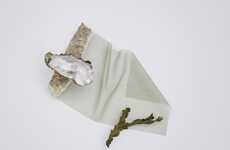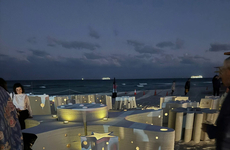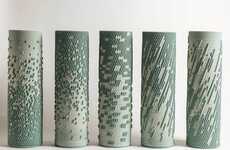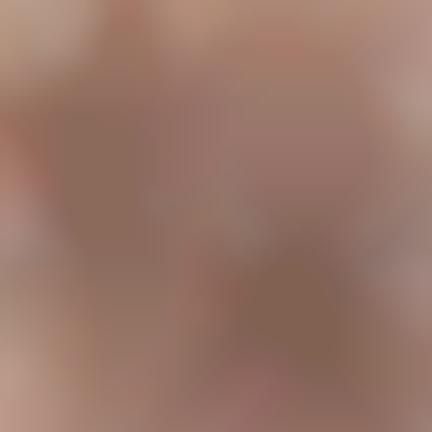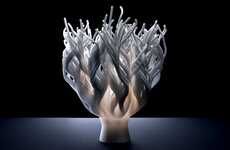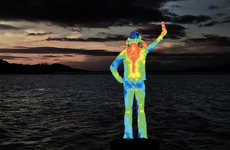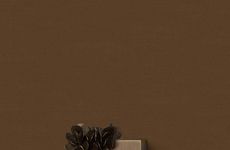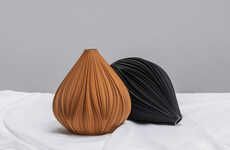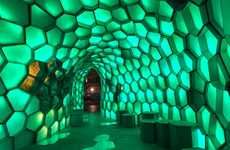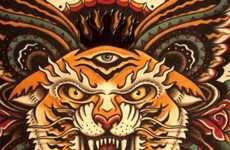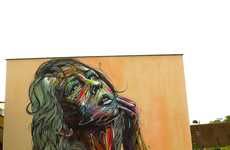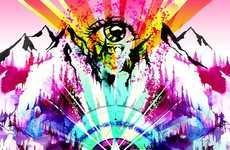
These 3d Sculptures by Shane Hope Resemble Underwater Elements
Jana Pijak — April 27, 2013 — Art & Design
References: shanehope.info & design-milk
These 3D sculptures by Shane Hope are created with the help of two of the most cutting-edge technological innovations. The talented artist cultivates his intricate artworks with the help of 3D printing an molecular nanotechnology.
Inspired by underwater organic matter that would build up over time, these striking sculptural pieces feature a shell-like aesthetic quality and texture that is uniquely beautiful.
With the help of an advanced molecular modelling process , Shane Hope creates “nano-scaled structures” using sophisticated computer software. Once his desired forms are achieved, the artist prints his creations using RepRap, an open-source, self-replicating 3D printer. This printer duplicates digitized forms into three-dimensional elements that are showcased in a wide range of colors and opacities.
Inspired by underwater organic matter that would build up over time, these striking sculptural pieces feature a shell-like aesthetic quality and texture that is uniquely beautiful.
With the help of an advanced molecular modelling process , Shane Hope creates “nano-scaled structures” using sophisticated computer software. Once his desired forms are achieved, the artist prints his creations using RepRap, an open-source, self-replicating 3D printer. This printer duplicates digitized forms into three-dimensional elements that are showcased in a wide range of colors and opacities.
Trend Themes
1. Seashell-inspired Art Installations - There is a growing trend of creating unique and intricate art installations inspired by seashells using 3D printing and molecular nanotechnology.
2. Molecular Modeling for Artistic Purposes - The use of advanced molecular modeling processes for creating unique artistic structures is gaining popularity.
3. Open-source 3D Printing - Open-source 3D printers are disrupting traditional manufacturing and enabling artists to create intricate and personalized pieces with ease.
Industry Implications
1. Art and Design - The art and design industry can incorporate molecular nanotechnology and 3D printing to create unique and intricate pieces in a cost-efficient manner.
2. Manufacturing and Production - Molecular nanotechnology and 3D printing have the potential to disrupt and transform traditional manufacturing and production processes.
3. Education and Research - The use of molecular nanotechnology and 3D printing in artistic creation can promote education and research in these fields.
1.8
Score
Popularity
Activity
Freshness


